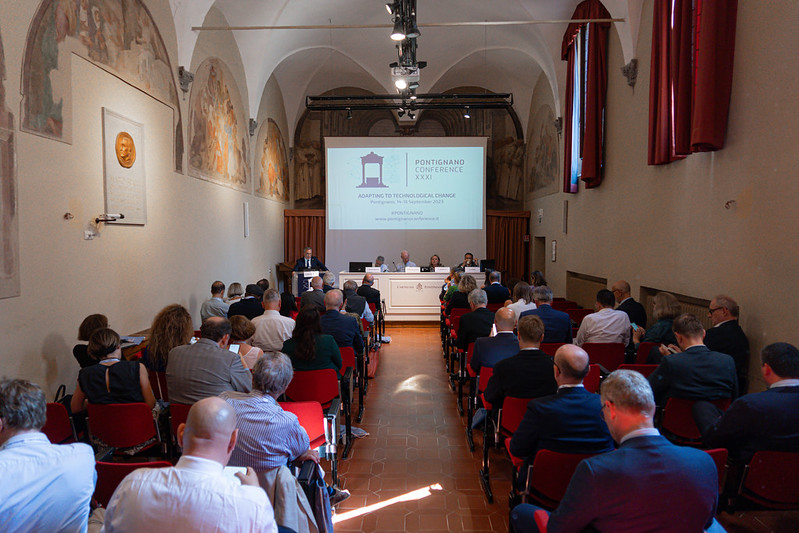Concept note
The Pontignano Conference XXXI (September 2023)
This year’s Pontignano Conference is the 31st edition. It is the first to be held since the signing of a Memorandum of Understanding on Bilateral Cooperation by our two countries’ leaders Rishi Sunak and Giorgia Meloni on 27 April 2023 in London. It also follows a “Pontignano Forum” held at Villa Wolkonsky in Rome on 8-9 February 2023 to replace the September 2022 Pontignano Conference, which was cancelled following the death of Her Majesty The Queen. Alongside the Pontignano Forum in February, the British Foreign and Defence Secretaries held their first joint meeting with their Italian counterparts, a format that will now take place annually. The Secretary of State for Business and Trade signed an Export and Investment Dialogue with her Italian counterpart.
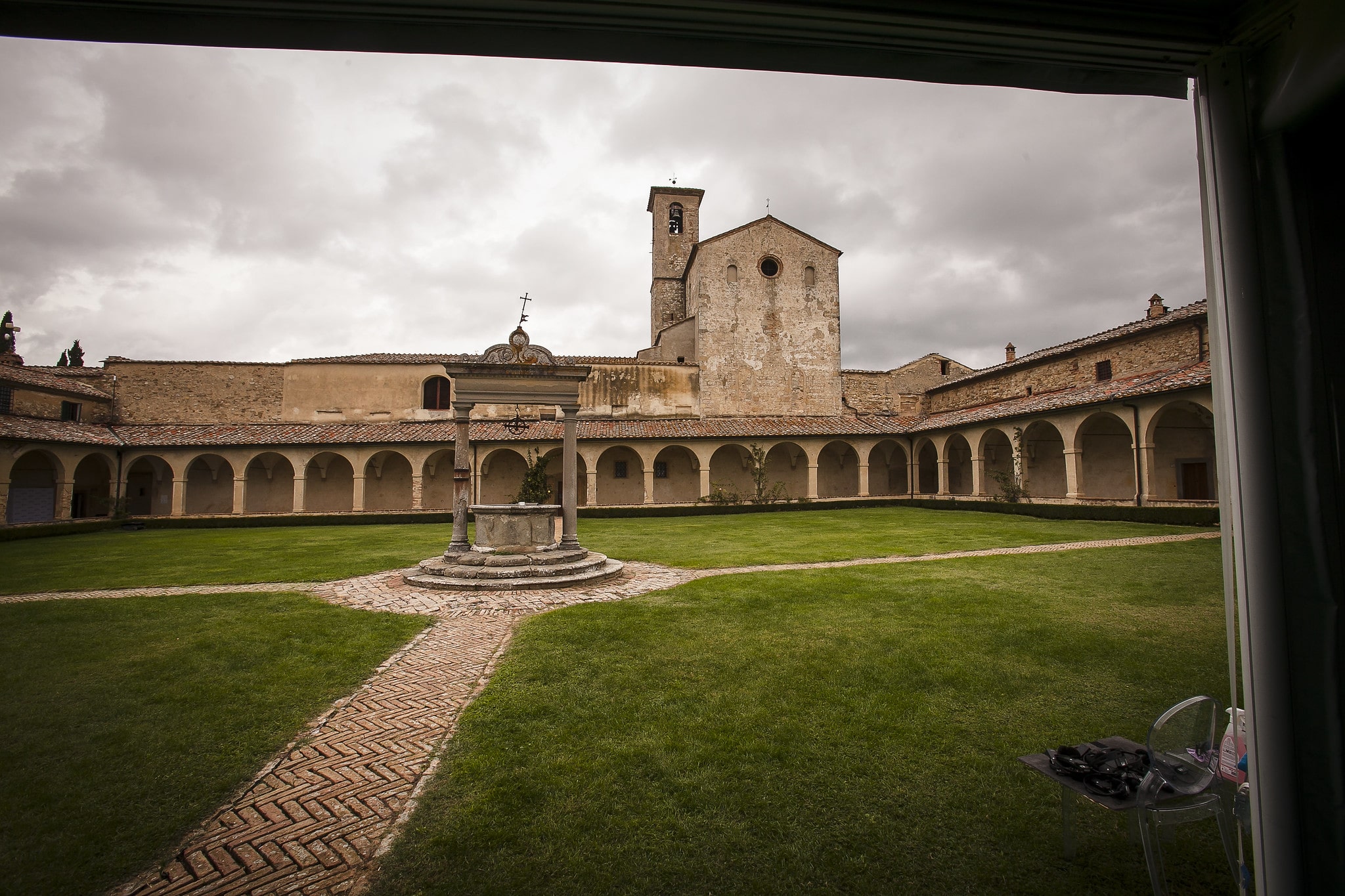

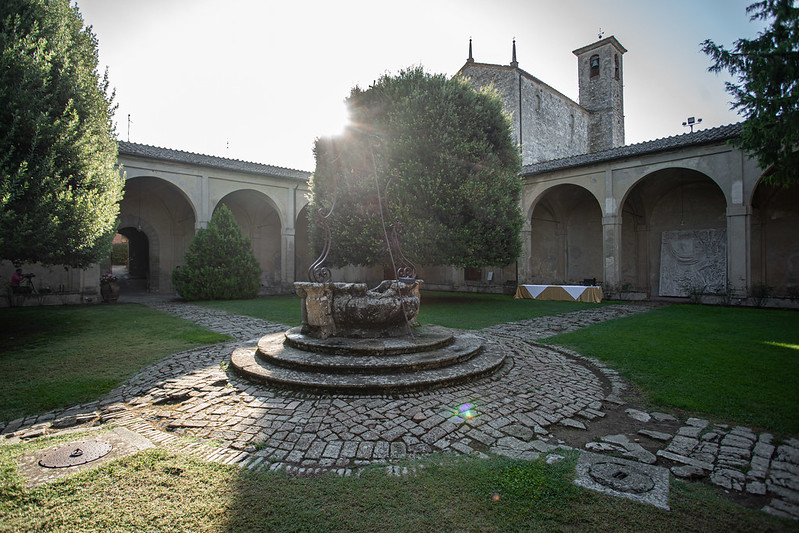
So the UK-Italy bilateral relationship is flourishing. Our two Prime Ministers share a strong desire to work together to tackle common challenges. And next year Italy will hold the Presidency of the G7. Migration is likely to form part of those discussions and we are holding a plenary session at this year’s Pontignano Conference on migration, a key priority for both governments.
The MoU signed by our Prime Ministers also includes an intention to create a UK-Italy Young Leaders Programme. We are developing ideas for this programme which we will expand on during our conference.
In other respects, we intend to keep to the traditional Pontignano format, with workshop discussions among experts. Given the ongoing debate about technology – and the impact of AI in particular – we thought this year’s conference participants could address the following questions:

What do advances in technology mean for our societies? How can we maximise the advantages and minimise the risks?
A number of workshops will consider these questions from a range of perspectives.
Workshop 1: How can technological innovation help us address the productivity and demographic challenges faced by mature economies like the UK and Italy?
As we navigate the fourth industrial revolution, our two countries are experiencing rapid change in the way we work and the jobs we do. Both the UK and Italy share the challenges of low productivity growth and ageing populations, resulting in greater pressure on government finances. Cultivating new industries, upskilling our workforces in advanced tech and harnessing productivity-enhancing technologies can help us improve growth and efficiency and open up new commercial opportunities. What do advances in deep tech mean for advanced manufacturing industries? Developments in Fintech hold out the promise of improved financial inclusion for regular consumers and improved allocation of capital within the economy.
Developments in medical technology in areas such as bioscience and MedTech not only create economic and commercial opportunities in themselves and help mitigate future pandemic risks, but also facilitate increased economic participation by helping to promote healthy ageing and addressing chronic illness.
What is the best approach to regulating AI and what are the pros and cons of hard regulation versus voluntary frameworks? What actions can our governments, businesses and civil society take to harness the opportunities, and mitigate the countervailing risks that come with rapid economic change?
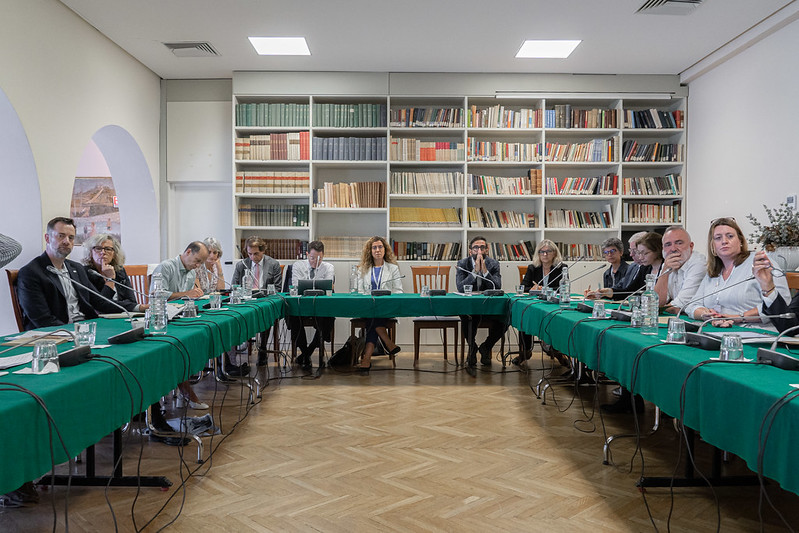
Workshop 2: How can the cultural sector take advantage of the advances in digital technologies to foster integrity, create a shared sense of belonging and build knowledge and the economy?
The cultural sector, which is slowly recovering from the pandemic, during which it reinvented its delivery channels and modus operandi to be able to continue to provide a service to the public, now faces the global challenge of ensuring accessibility and inclusiveness in societies which are increasingly multicultural, fractured, at times mistrustful of authority, and where online and user-generated content competes for individuals’ attention through a plethora of channels. Advances in digital technologies, with artificial intelligence being the most topical, are having an impact on many aspects of society, not least on the cultural sector itself, challenging it to create spectacular experiences to make the in-person experience valued and uniquely memorable in a world where the use of tech is moving in leaps and bounds. In this workshop, we will explore two key questions:
- How can advances in digital technologies support place-makers (museums, festivals, cities of culture) in engaging diverse communities and generating a sense of belonging? Are smaller and harder to reach communities’ needs being met?
- In a world that is rife with disinformation caused by advances in technology, how can the cultural sector build social capital and shore up its role as a trustworthy preserver of knowledge and reliable information?

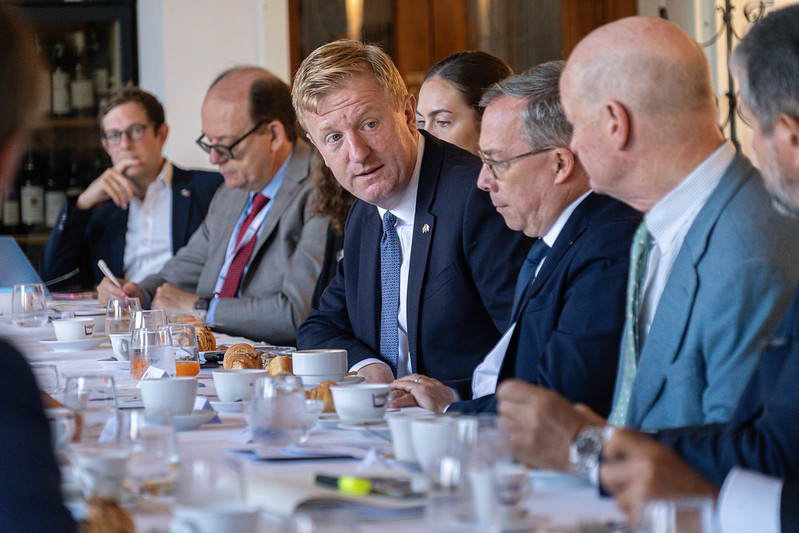
Workshop 3: The green transition and energy security: how might we most effectively harness the power of technologies to accelerate the shift to net zero?
Reaching net zero emissions by 2050 is critical for averting catastrophic events caused by climate change. Moreover, the long-term security of our energy systems requires a steady reduction in our dependency on fossil fuels.
The UK and Italy are driving forward many of the advances in green technologies necessary for achieving these goals. The green transition also offers exciting new commercial opportunities and an expansion of higher skilled, better paid jobs. Yet this shift presents its own challenges, such as the need to reskill workers in “sunset” industries, the exponential rise in demand for critical minerals, the importance of resilient supply chains and the need for nature-based and behavioural solutions alongside new technologies. We must also understand how best to harness the tools we have available – from policy to financial mechanisms – for promoting a clean, just and sustainable transition, including for developing countries.
Workshop 4: How is technology shaping great power rivalry?
New technology is not just an economic or commercial interest, but also central to foreign, security and defence policy – emerging technologies have become both an object and a driver of international cooperation and competition. Technological supremacy has emerged as the playing field for great power competition and will determine future economic and security environments. NATO’s 2020 assessment of science and technology trends suggests that eight technologies will become major disruptors: data; artificial intelligence; autonomy; space capabilities; hypersonic weapons; quantum; biotech and human enhancement; and novel material and manufacturing (NMM). These will play a crucial role in future warfighting and in building forces that can decisively operate across multiple domains. Competition for critical minerals and materials needed for emerging technologies has become a source of geostrategic tension in its own right. How can the UK and Italy extract the opportunities and benefits of new technology?
